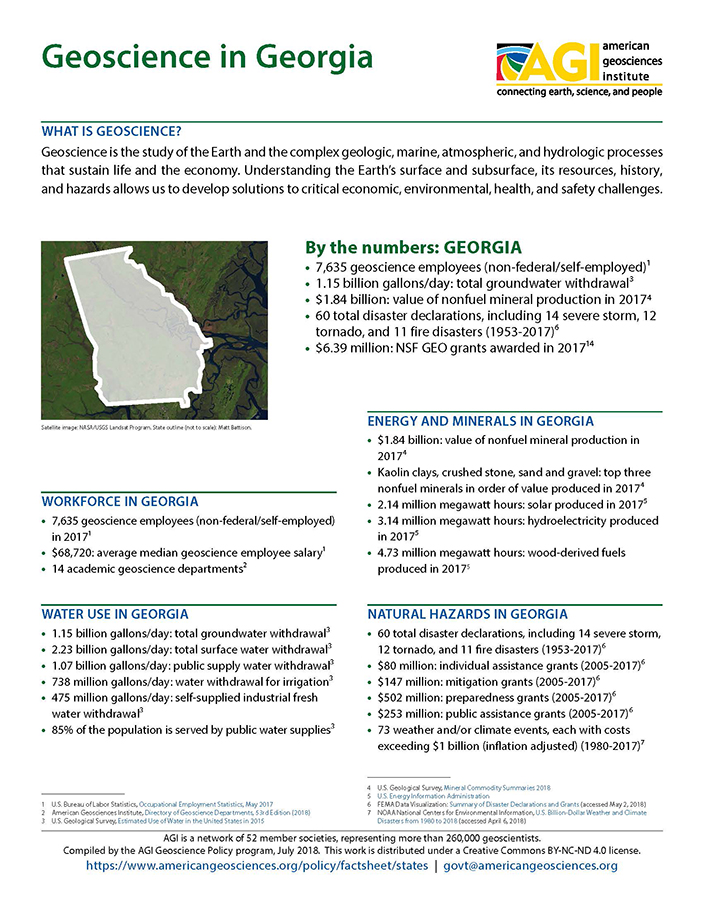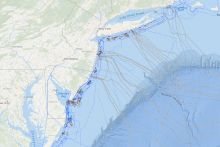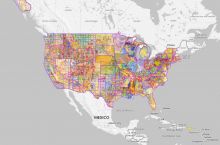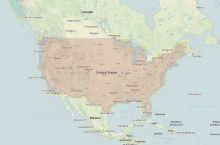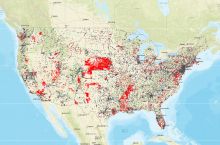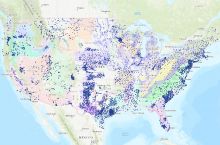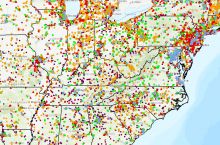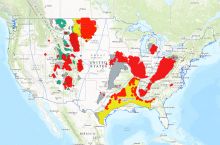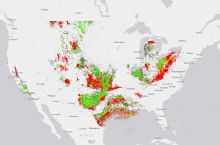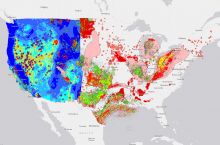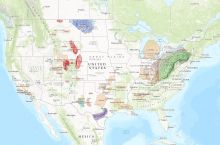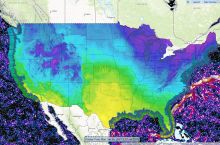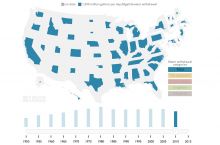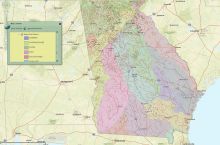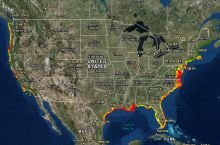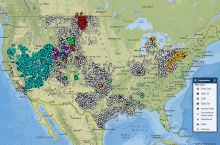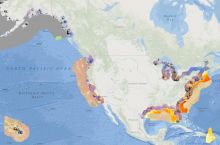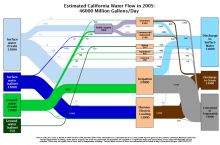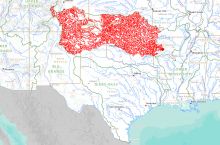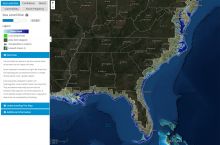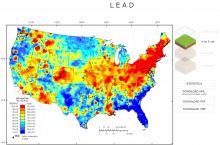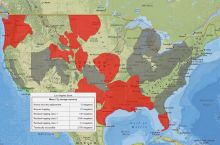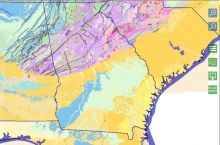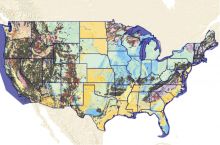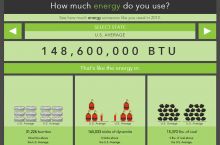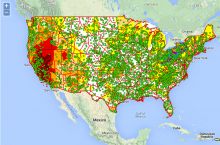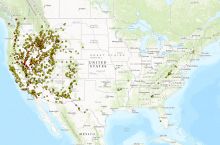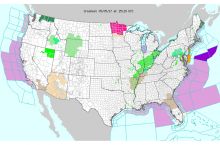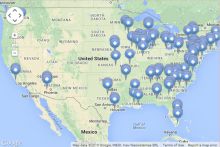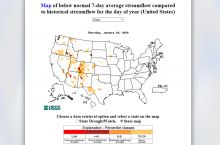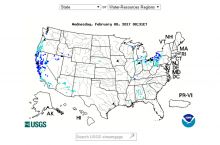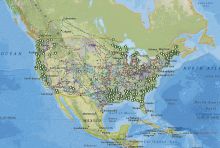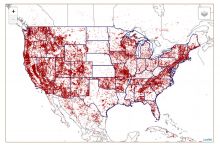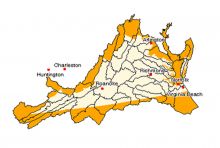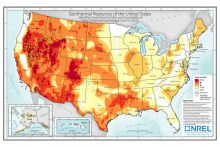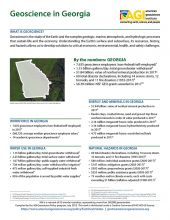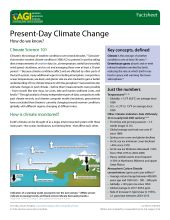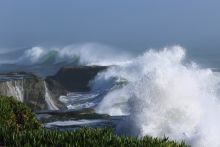By the numbers: Georgia
- 7,635 geoscience employees (excludes self-employed)1
- 1.15 billion gallons/day: total groundwater withdrawal3
- $1.84 billion: value of nonfuel mineral production in 20174
- 60 total disaster declarations, including 14 severe storm, 12 tornado, and 11 fire disasters (1953-2017)⁶
- $6.39 million: NSF GEO grants awarded in 201714...
Agencies Working on Geoscience Issues in georgia
The mission of the Coastal Resources Division is to balance coastal development and protection of the coast’s natural assets, socio-cultural heritage and recreational resources for the benefit of present and future generations.
The mission of the Georgia Emergency Management and Homeland Security Agency is to facilitate the protection of life and property against man-made and natural disasters by directing the state's efforts in the areas of prevention, preparedness, mitigation, response, and recovery.
The Georgia Environmental Protection Division (EPD) protects and restores Georgia’s environment, taking the lead in ensuring clean air, water and land, and pursuing with partners a sustainable environment that provides a foundation for a vibrant economy and healthy communities.
The Environmental Protection Division (EPD) protects and restores Georgia’s environment. We take the lead in ensuring clean air, water and land. With our partners, we pursue a sustainable environment that provides a foundation for a vibrant economy and healthy communities.

